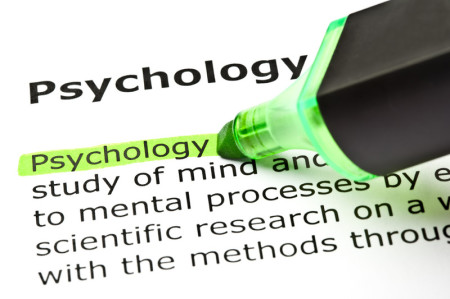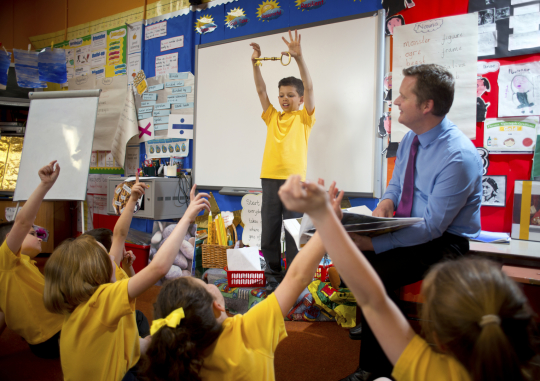
What do educational psychologists do?
We get enquiries from people who aren't sure if we can help because they're not sure what educational psychologists do.
Educational psychologists have specialist knowledge and skills in areas including child, adolescent and early adult development; theories of learning; social and emotional development and mental health; problem-solving and consultation; group and individual therapeutic approaches; and assessment of strengths, difficulties and learning potential. In addition to this they use a range of research methods to judge the effectiveness of interventions and to conduct new research in relevant areas. The job of an educational psychologist is to help improve outcomes for the children, young people and adults they work with. Much of this work takes place in education, training and employment settings as well as through direct work with families and liaison with other professionals.
At the youngest end of this age range ed psychs carry out assessments of developmental levels and provide advice to families and preschools about ways to help children develop their skills. Work with young people of school age frequently involves problem-solving discussions with staff and parents and individual assessments of learning and social, emotional and behavioural issues. For young people and adults in further and higher education or training the role involves clarifying needs and views, recommending support and ensuring access to the same opportunities as other learners. Ed psychs also provide training courses and workshops for school staff, parents, carers and other professionals working across the 0 to 25 age range, and many provide a service directly to young people, adults and families.
The training of ed psychs is now at PhD level. Applicants must have an upper second or first class degree in psychology and relevant experience of working with children and young people. Trainee ed psychs spend approximately half their time on research activities relevant to the job.
Many educational psychologists have been qualified teachers in their prior experience but the profession also includes those who have had previous careers in research, social work, paediatric nursing, education welfare and youth offending teams.
Sometimes ed psychs will use tests and other assessment techniques to help them find out more about the views, skills and difficulties of the children, young people and adults they work with. We frequently also meet with teachers, parents and other professionals, offering advice and guidance on ways in which they can support children and young people. We also provide training on a wide range of topics such as behaviour management, supporting literacy, understanding attachment and developing social skills.
Ed psychs also act as consultants and advisors to groups and organisations, using their knowledge of child development, applied psychology, evidence-informed practice and research methods to help inform policy work and good practice guidelines.
Our own experience includes
- acting as an advisor to an adoption panel
- chairing a multi-agency group of professionals and parents drafting care pathway guidelines for ADHD
- advising on provision for excluded pupils and support for young offenders
- managing a local authority intervention for preschool-aged children with autism and social communication difficulties
- leading multi-agency work on the development of professional advice for Education, Health and Care Plans
- acting as an advisor to a local authority Autism Board
- providing consultancy for the design and specification of Key Stage 3 and 4 provision for pupils with autism



